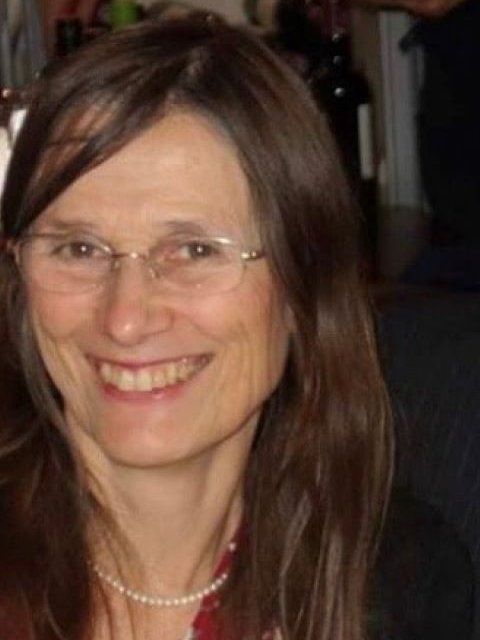
Professor Armine Sefton
Professor Armine Sefton
Armine Sefton trained in general medicine and infectious disease before entering microbiology. In 2003 she became Professor of Medical Microbiology at Barts and the London and remained there until she retired from full-time practice in 2015. Subsequently she returned to work part-time at her local hospital, Princess Alexandra, Harlow where, largely due to Covid, she remained working for six years. She retired for the second time in April 2023 in order to spend more time with her family, her horses and travelling but she continues to provide occasional microbiology cover at both her local and other hospitals.
Throughout her career, Armine maintained a major interest in education both at the undergraduate and postgraduate level. She was course director of the MSc in Clinical Microbiology at Barts and the London for over 20 years and at various times acted as an external examiner at the Royal Free/ UCH, Guys kings and Thomas’s, the London School of Hygiene and Tropical medicine, Trinity college Dublin and the University of Kuwait. She chaired the London Microbiology STC for eight years and was chair of the Microbiology RCPathology examination panel for four.
Armine’s research interests were always in areas of direct or potential clinical relevance. Her MD was on endocarditis prophylaxis but she soon began to develop an increasing interest in respiratory pathogens and co-supervised two successful PhDs in this area. She was involved in research with Professor John Oxford trying to discover the cause of the 1918 flu pandemic which involved her attending the occasional exhumation and being lowered underground to obtain samples. Having had four Infection doctors from the Armed Forces attend the MSc she organised at Barts and the London, she became interested in Biological Defence and for several years performed collaborative research with Lt. Colonel Tim Brooks at Porton Down on anti-infectives suitable for both post-exposure prophylaxis and early treatment of potential agents of biological warfare. In 2006, she spent three months doing a sabbatical at the Genomics and Proteomics Unit at HPA Colindale which resulted in a project between the clinical laboratory at Barts and the London and the Genomics/Proteomics Unit at the HPA looking at the then new technique, MALDI-TOF-MS of intact cells, for rapid identification of clinical isolates.